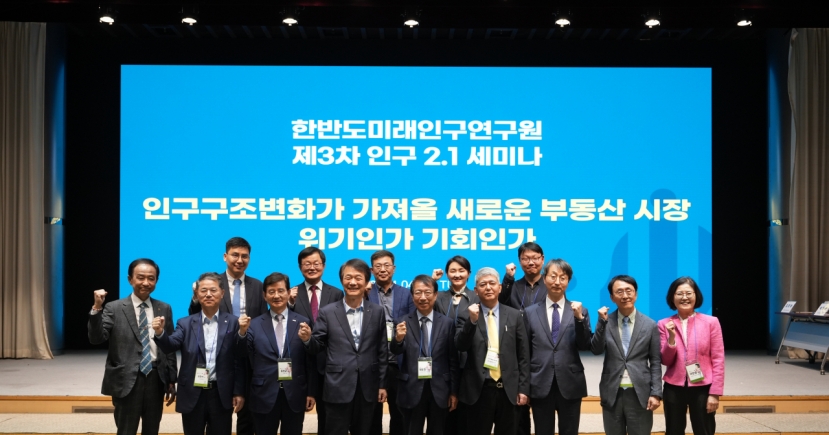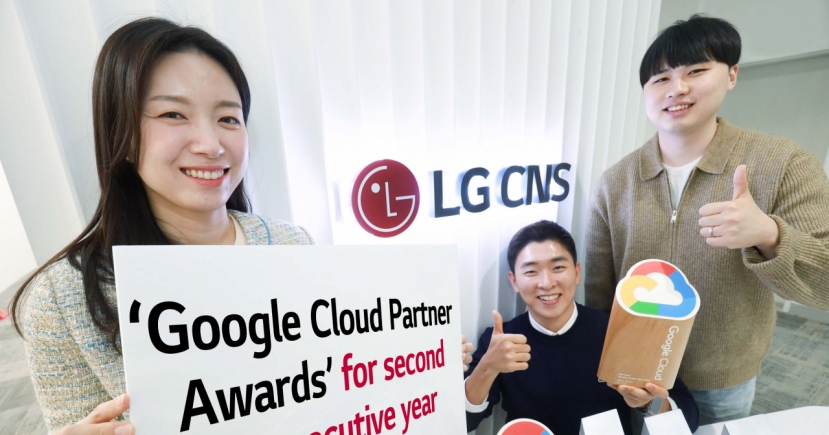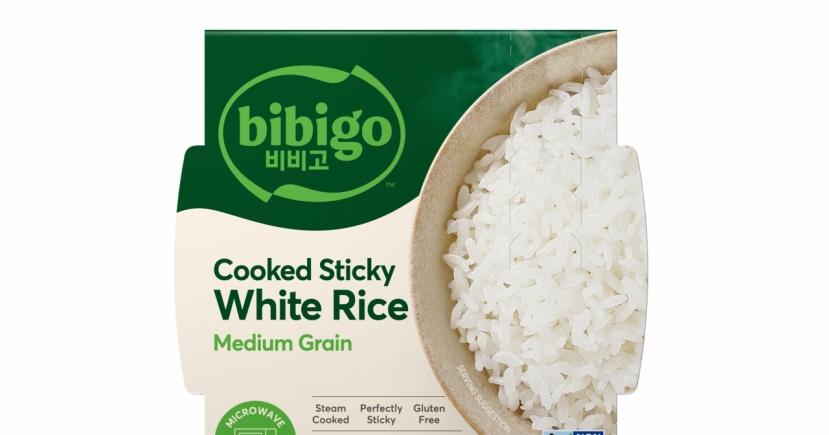Bio
[INTERVIEW] Medytox CEO vows to fight on against Daewoong Pharma
[THE INVESTOR] The fight has dragged on for the past year, but the chief executive of Medytox is determined to uphold his claim that rival Daewoong Pharmaceutical stole its key ingredient to make botulinum toxin products, a well-known tool for fighting wrinkles.
“We will keep fighting till the end. We have enough evidence to incriminate Daewoong for stealing our botulinum toxin strain,” the firm’s CEO Jung Hyun-ho said in an interview with The Investor on April 11.
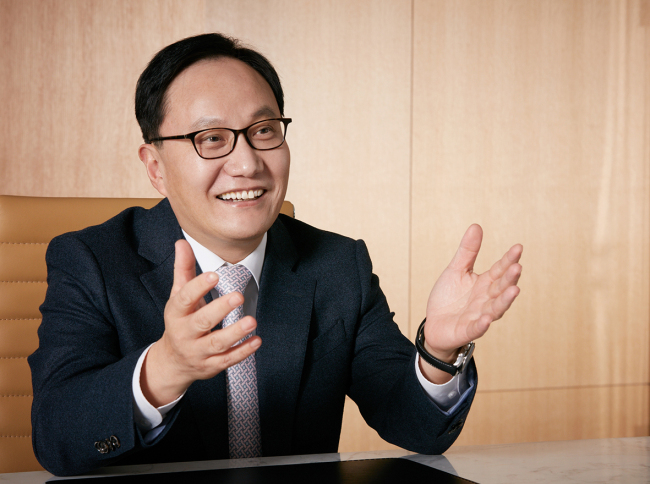 |
Medytox CEO Jung Hyun-ho |
The spat between Medytox and pharmaceutical firm Daewoong over the source of the anti-wrinkle product has turned ugly, with both sides threatening or taking legal measures.
“We are almost 100 percent sure (Daewoong is guilty). Many, including former employees at Deawoong are feeding us the evidence,” said the 55-year-old, who majored in molecular biology.
Daewoong, Korea’s leading drugmaker with a portfolio running the gamut from hepatic disease treatment to pain killers, is expected to submit its self-developed botulinum toxin called Nabota for the US Food and Drug Administration’s review this month. It is set to become the first ever Korean firm to introduce its own botulinum toxin to the US market.
Daewoong has countered that Medytox’ claims are groundless and defamatory.
Nabota is currently sold in Korea, but Medytox claims that as with many other “Botox” products sold in Korea, it is based on stolen strains.
Currently, at least eight Korean companies, including Daewoong, have said they discovered the bacterium. Outside of Korea, there are four companies -- Allergan, Mertz, Ipsen and Medytox -- marketing botulinum toxin-based injectables for therapeutic and aesthetic uses.
“Us four are the only ones that are actually selling toxin products using legitimately attained strains,” Jung said. He added that Korean pharmaceutical firms are flocking to the market and creating chaos because these toxins mean big money. “It’s a vicious cycle that’s tainting the reputation of authentic BTX products. The line between the real developer and copycats has become blurred.”
Daewoong’s imminent entry into the US is a sore spot for Medytox because despite being Korea’s largest maker of botulinum toxin in terms of market share, it is a step behind due to internal hurdles. Allergen, Medytox’s distribution partner and maker of the anti-wrinkle treatment Botox, is poised to conduct phase 3 clinical trials for Medytox’s liquid-injectable product Innotox later this year.
Medytox was Korea’s first to launch the botulinum toxin type A product in 2006. Globally, it was the fourth.
Founded in 2000 with less than 10 billion won ($8.8 million) in capital, Medytox has become a market leader in Korean facial injectables with a 56.4 percent profit margin -- the highest among Korean listed pharmaceutical companies.
Medytox is the only biopharmaceutical company in the world to license three different types of botulinum toxin products -- Neuronox, Innotox and Coretox -- all developed by in-house research and development.
The firm’s overseas sales account for 65 percent of total sales and it reached 133.3 billion won last year. The main sources of revenue are Japan, Thailand and Brazil. Over the next three years, Medytox is hoping to make inroads into even bigger markets like the US and Europe.
“Our sales goal by 2020 is $1 billion and to tap into more advanced markets,” the CEO said.
By Park Han-na (hnpark@heraldcorp.com)


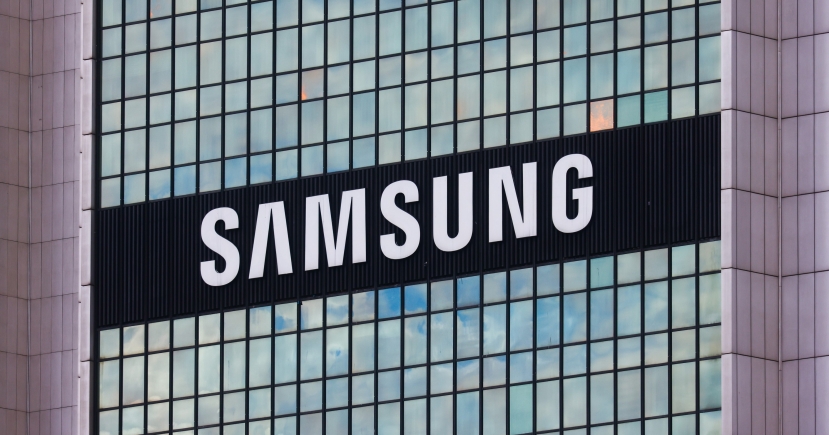
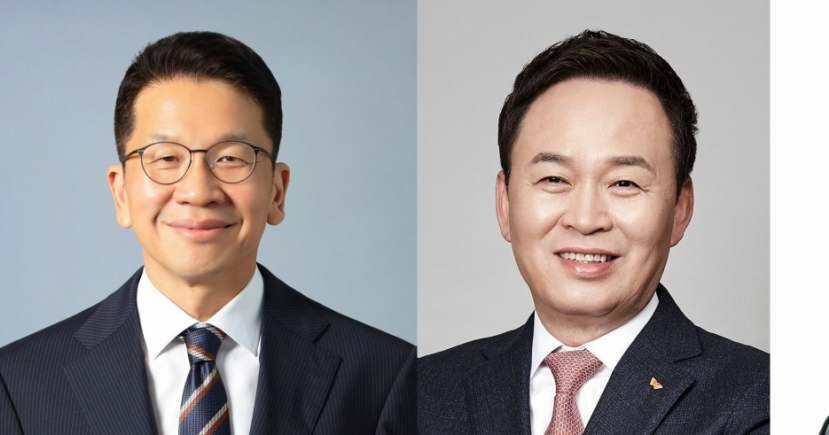
![[Exclusive] Korean military set to ban iPhones over 'security' concerns](http://res.heraldm.com/phpwas/restmb_idxmake.php?idx=151&simg=/content/image/2024/04/23/20240423050599_0.jpg)
